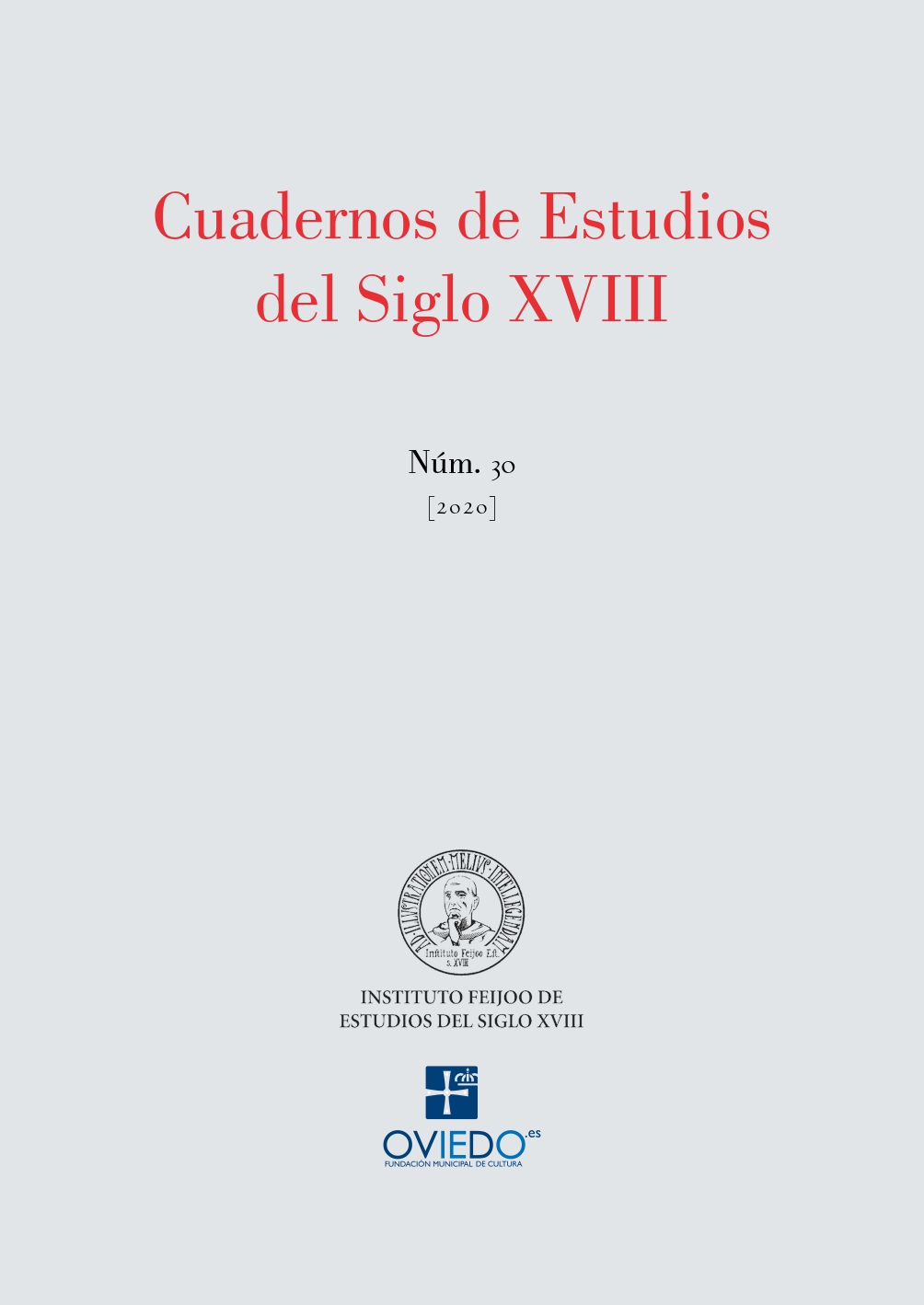Abstract
One of the aims in the Enlightenment period stage was to improve player's delivery. This practice, regarded as a liberal art, was developed into objective rules that were compiled in several treatises on acting. Many of them, written by actors, reveal their dependence on consolidated knowledges or others mimetic arts, like classical rhetoric or painting. Treatises include how to express the passions properly to suit with the new genre: the "drame burgeois". The means by which players get emotional expression appear in "The Paradox of Acting" among others published or translated books through the 18th century: "Le comédien", by Rémond de Saint-Albine; "L'art du theater", by F. Riccoboni; "An Essay on the Art of Acting", by A. Hill; "Desengaño de los engaños", by A. Rezano Imperial; or "Ideen zu Einer Mimik", by J. J. Engel. These examples, as we can verify in this paper, confirm the European stage interrelationships and the predominance of the French paradigm.
This work is licensed under a Creative Commons Attribution-NonCommercial-NoDerivatives 4.0 International License.
Copyright (c) 2020 Cuadernos de Estudios del Siglo XVIII
Downloads
Download data is not yet available.

